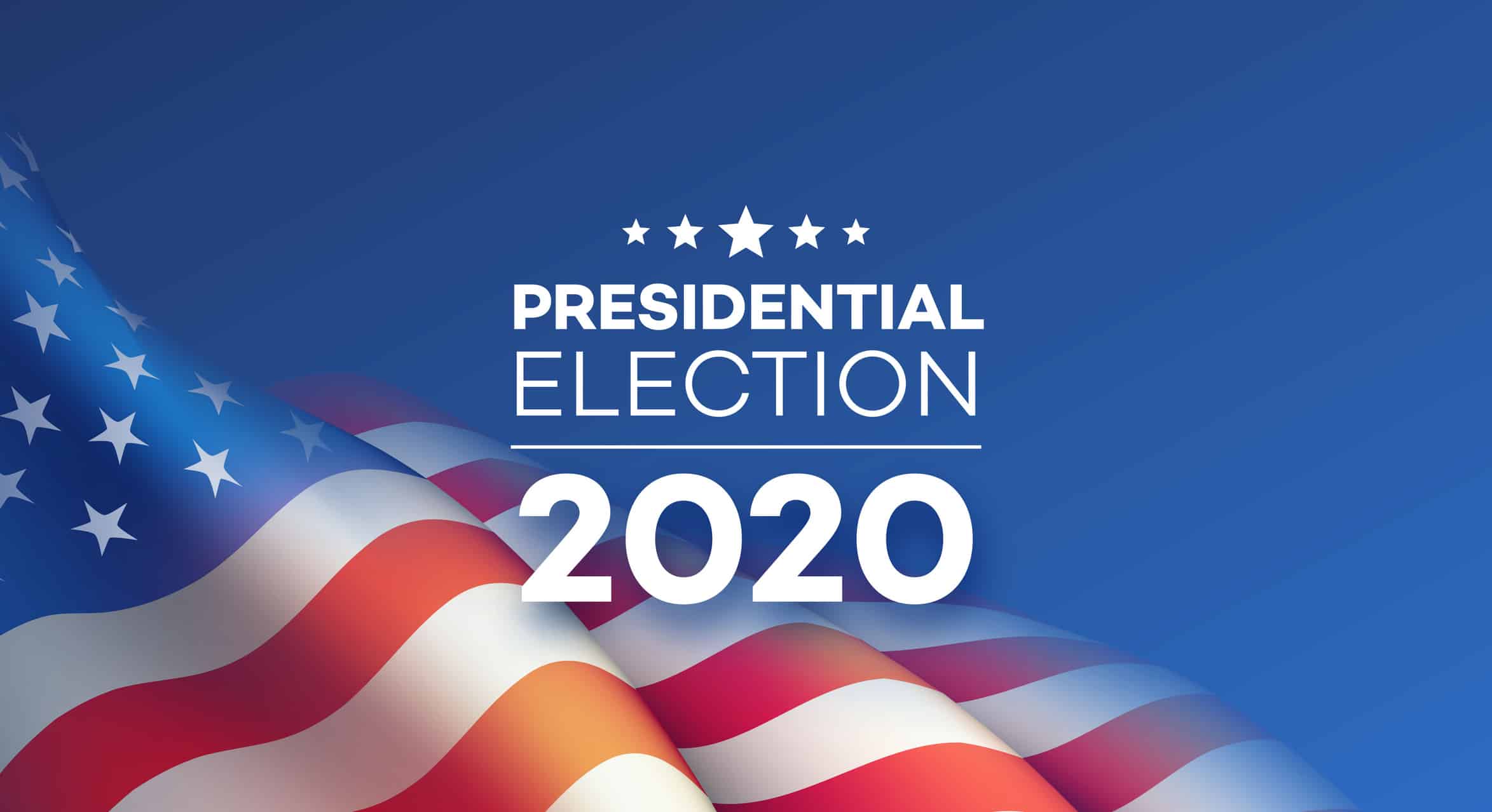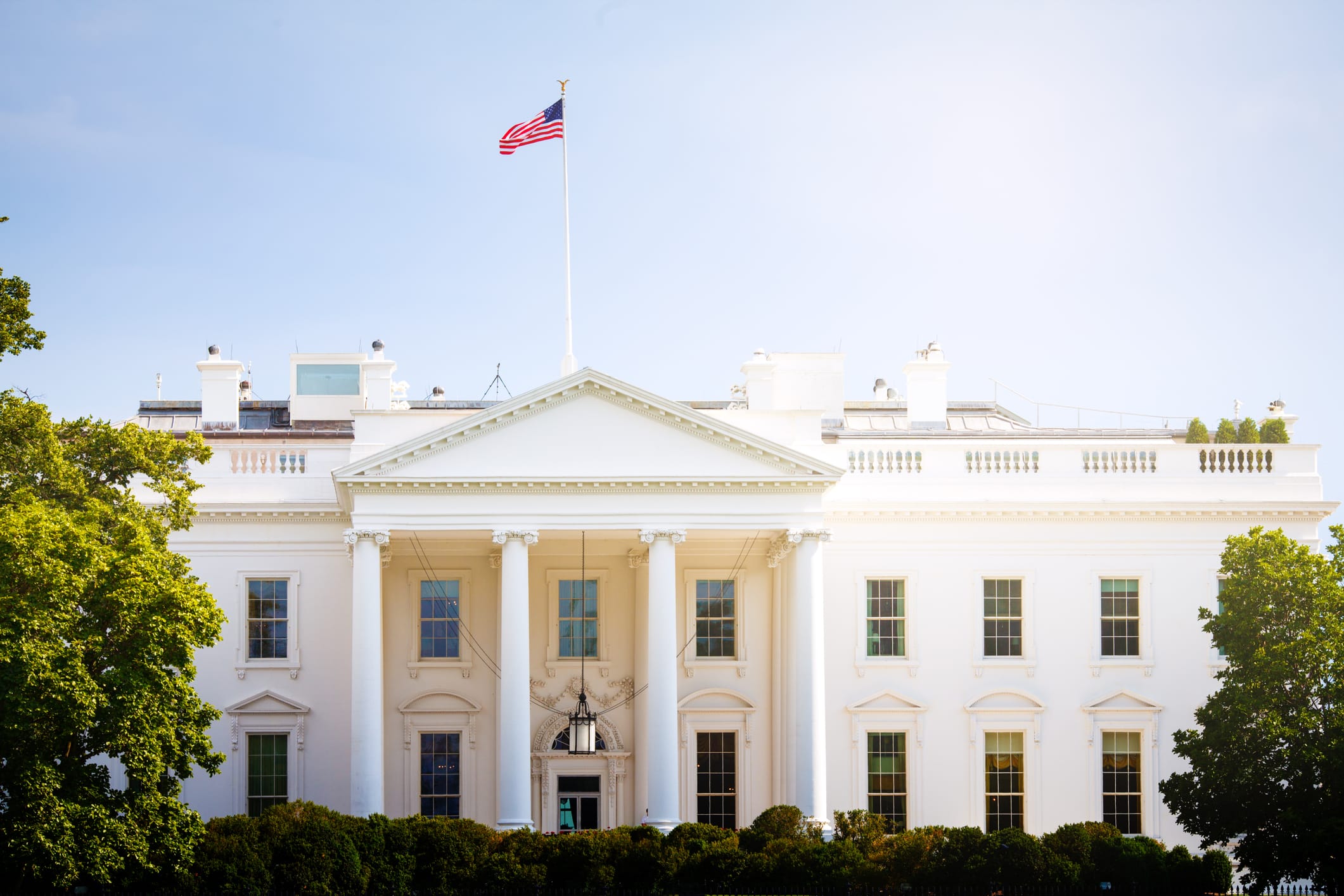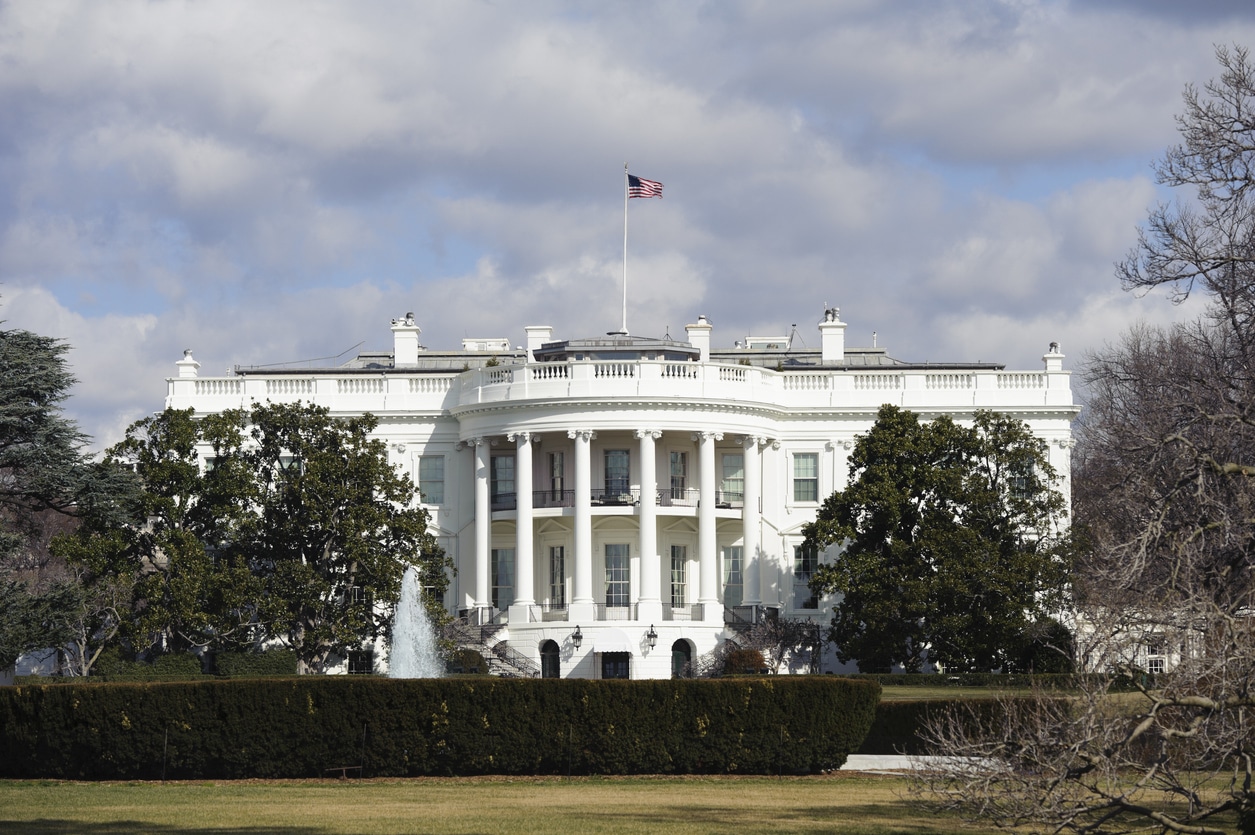A new Emerson National Poll finds former Vice President Joe Biden with a bump from his official entrance into the race, taking back the lead over Senator Bernie Sanders. The poll finds Biden with 33% and Sanders with 25%. The April Emerson Poll had Sanders ahead of Biden 29% to 24% making this a 13 point swing in favor of the former Vice President. Senator Kamala Harris and Senator Elizabeth Warren are tied for 3rd with each getting 10% of the vote, and Mayor Pete Buttigieg rounds out the top 5 with 8%. No other candidate in the field clears 3% (n=429, +/-4.7%, MM, May 10-13, 2019).

A majority of Democratic primary voters, 56%, indicate there is a chance they could change their mind and vote for another candidate, whereas 44% say they will definitely vote for the candidate they are currently supporting. Spencer Kimball, Director of Emerson Polling notes that “Biden and Sanders have more loyal supporters, as 52% and 54% of their voters say they will definitely vote for the top two candidates, while only 33% of Harris voters, 27% of Buttigieg and 20% of Warren voters plan to definitely stick with their preferred candidate.”
A strength for Sanders throughout this early stage of the nominating process has been the support of younger voters. Sanders currently leads Biden among 18-29 year old voters, by an impressive 41% to 11%. However, Sanders’ support weakens with age: 30-49 year olds only break for Sanders 29% to 26%, as compared to 50-64 year olds who break for Biden 42% to 19%. Among those over 65, Biden has a strong lead, beating Sanders 52% to 7%.
Within the Republican Party, the President remains very popular, and very likely to hold the Republican nomination, leading Republican primary candidate and former Massachusetts Governor Bill Weld 86% to 14% (n=384, +/-5%, MM, May 10-13).
President Trump’s approval rating remains the same as in the April Emerson Poll with a 43% approval and 49% disapproval (n=1,006, +/-3%, MM, May 10-13).
In head to head matchups between Trump and his top Democratic rivals, Trump trails Biden and Sanders and is in a statistical dead heat with the other candidates.
- Biden 54%, Trump 46%
- Sanders 54%, Trump 46%
- O’Rourke 52%, Trump 48%
- Warren 51%, Trump 48%
- Harris 51%, Trump 49%
- Buttigieg 50%, Trump 50%

Voters are split when asked if they think Trump will be re-elected in 2020, with 50% thinking he will be re-elected and 50% of voters thinking he will not. Republicans are slightly more optimistic with 84% expecting re-election while 80% of Democrats are expecting the President to be defeated. Independents are split 51% to 49%, with the slight majority expecting the President to lose.
When asked what issue is the most important in determining who they would support for President, the most common responses at 27% each are the Economy and Social Issues/Values, followed by Social Security/Medicare and Health Care at 14% each, and Immigration at 10%. The Mueller Report and the Federal Deficit each got 2%. (n=975, +/-3%). Kimball explains: “The Mueller report, in and of itself, is not the issue the Democrats are trying to win on, but serves as a frame for a larger narrative focusing on social/values issues meant to appeal to voters in 2020. Such social/value issues are core for 38% of Democratic primary voters.”
Another observation by Kimball is that “the issue of the Federal Deficit was a top issue in 2012 for Republicans, yet is an afterthought in this election, as only 1% of Republican voters identify it as the most important issue in the upcoming campaign.” Kimball adds, “In this election cycle top issues for Republican voters are the economy at 41%, followed by immigration at 18%.”
Half of all voters, 50%, think Twitter and Facebook are biased against people with particular political beliefs, 21% do not, and 29% are unsure. The bias issue splits along party lines, with 71% of Republicans identifying a bias, as compared to only 32% of Democrats who share this view. 50% of Independents believe the social media platforms are biased, while 16% believe they are not.
About half of all voters, 49%, have watched some part of the recent televised town halls with the 2020 Presidential candidates.
When voters were asked their political ideology, 36% identified as somewhat or very liberal, 38% said somewhat or very conservative and 26% identified as moderate.
Caller ID
The national Emerson College poll was conducted May 10-13, 2019 under the Supervision of Professor Spencer Kimball. The sample consisted of registered voters, n=1,006, with a Credibility Interval (CI) similar to a poll’s margin of error (MOE) of +/- 3 percentage points. The data was weighted based on a 2016 voter model of gender, age, region and ethnicity. It is important to remember that subsets based on gender, age, party breakdown, ethnicity and region carry with them higher margins of error, as the sample size is reduced. Data was collected using both an Interactive Voice Response (IVR) system of landlines only (n=604) and an online panel provided by Amazon Turk (n=402). Visit our website at www.emersonpolling.com.
Follow us on Twitter @EmersonPolling







